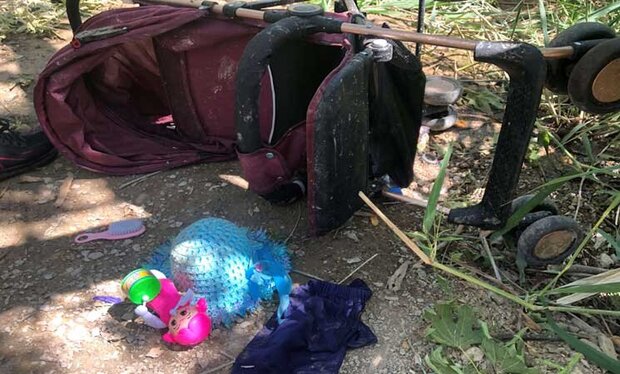On Wednesday, Turkish artillery targeted what they thought was a PKK hideout in Zakho, Dohuk. Nine civilians were killed and 22 others were injured. All the victims were tourists from other parts of Iraq who escaped the blistering summer heat that hit the country’s southern and central governorates to enjoy the mild weather of Iraqi Kurdistan.
The attack drew sharp criticism from almost all segments of Iraqi society and political parties. Iraqis took to the streets to protest the Turkish attack. Angry protestors in Baghdad surrounded the Turkish embassy and brought down the Turkish flags. In other cities, young protestors shut down Turkish offices issuing visas across the country. Officially, the Iraqi government summoned the Turkish ambassador to Baghdad and recalled its chargé d'affaires from Turkey while putting on hold plans to name a new ambassador to Ankara.
Iraq also lodged a protest against Turkey at the United Nations Security Council and requested an urgent meeting of the Security Council to discuss the attack. “The Ministry of Foreign Affairs sent a letter of complaint to the Security Council and asked it to hold an emergency session to discuss the Turkish aggression,” said Ahmad al-Sahaf, spokesman for the ministry.
Of note, United Nations Secretary-General Antonio Guterres called for an urgent investigation into the artillery shelling of Dohuk.
Turkey has stated that it had no involvement in the massacre of civilians in Zakho and that the PKK was responsible. At the same time, it has stated that it is willing to investigate this matter with Iraq.
Although Turkey denied that it conducted the attack, it prompted many Iraqis to call for a reset in Ankara-Baghdad ties. Many Iraqis said Turkey launched the attack based on a security agreement between Baghdad and Ankara. Therefore, the agreement should be revoked. But the Iraqi foreign ministry said there was no such military or security agreement, giving substance to allegations that the Turkish attack lacked any legal basis.
Some Iraqi factions have long demanded the withdrawal of Turkish troops from Iraqi soil. But Turkey has turned a blind eye to this demand, doubling down its military campaign against what it calls PKK forces.
The Zakho attack renewed Iraqi calls for the withdrawal of Turkish troops. It revealed the tenuous nature of Turkish military presence in Iraq from a political point of view as no Iraqi party dared to openly voice support for Turkey in recent days.
The attack also provided the Iraqi Kurdistan region with an opportunity to mobilize Iraqi public opinion against Turkish military operations in the region. On Saturday, Deputy Prime Minister of the Kurdistan Regional Government, Qubad Talabani, revealed the death toll from the Turkish bombing of the region's lands over the past years. Talabani strongly pushed for the bloody Zakho crime to be a motive to unify the position among the political parties, according to the Iraqi television channel Al Sumeria.
He pointed out that “more than 100 civilians (martyred) in the past few years due to the continuous bombing, without the federal government taking a serious position, and without translating statements of condemnation into a deterrent measure that stops the bloodshed.”
The Iraqi Kurdish official added, “If the federal government and political forces had taken firm positions since the first targeting, and since the first soul was killed without guilt, we would not have witnessed the tragedy of the past few days.”
First published in Tehran Times
